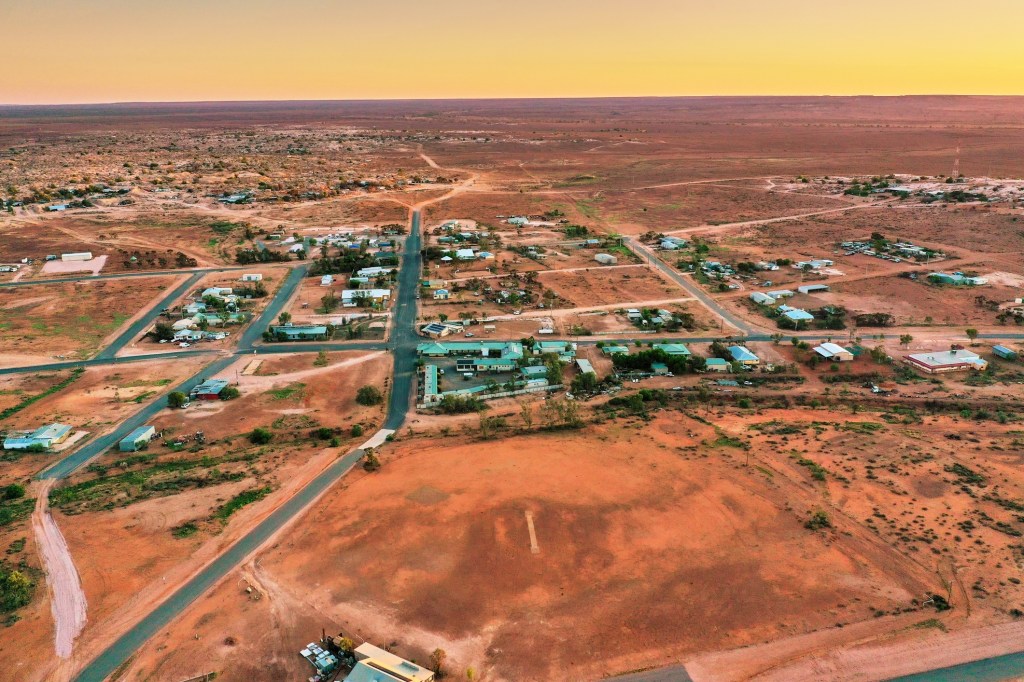In a significant move to bolster the global supply chain of essential minerals, President Donald Trump and Australian Prime Minister Anthony Albanese have formalized a $3 billion agreement aimed at advancing critical minerals projects. This collaboration underscores the strategic importance of securing resources vital for modern technologies and national security.
Investment Details and Strategic Objectives
Over the next six months, the United States and Australia will jointly invest $3 billion into a series of critical minerals initiatives, collectively valued at $8.5 billion. This substantial financial commitment reflects both nations’ dedication to reducing dependency on external sources for minerals crucial to various industries, including electronics, defense, and renewable energy.
A key component of this agreement is the U.S. Department of Defense’s investment in establishing a gallium refinery in Western Australia, designed to produce 100 tons annually. Currently, the United States imports approximately 21 tons of gallium, accounting for the entirety of its domestic consumption. Gallium is indispensable in the manufacturing of microwave circuits and blue and violet LEDs, which are integral to high-powered laser technologies.
Contextual Background and Global Implications
This bilateral agreement emerges in response to China’s recent restrictions on the export of certain minerals, including rare earth elements, which are essential for producing a wide array of electronic devices and electric motors. By investing in domestic and allied production capabilities, the U.S. and Australia aim to mitigate potential supply chain disruptions and enhance their economic and national security.
Additional Defense Collaboration
In conjunction with the critical minerals initiative, Australia has committed to purchasing $1.2 billion worth of autonomous underwater vehicles (AUVs) from defense technology company Anduril. While the White House has not specified whether this procurement is part of a previously announced $1.12 billion program for Anduril’s Ghost Shark AUVs, the acquisition signifies a deepening of defense ties between the two nations.
Broader Implications for the Critical Minerals Industry
The U.S.-Australia partnership is part of a broader trend of nations seeking to secure access to critical minerals. For instance, in November 2023, Kinterra Capital, a Canadian private equity firm, closed a $565 million fund dedicated to acquiring critical mineral assets for battery development. This fund targets investments in lithium mines and other essential resources across North America, Western Europe, and Australia.
Similarly, companies like Redwood Materials have been actively expanding the domestic battery supply chain. In August 2023, Redwood Materials raised over $1 billion to enhance its capacity for producing battery materials such as lithium, nickel, and cobalt within the United States. These efforts are crucial in reducing reliance on foreign sources and strengthening the resilience of the supply chain.
Technological Innovations in Mineral Exploration
Advancements in technology are also playing a pivotal role in the critical minerals sector. Startups like Earth AI are utilizing artificial intelligence to identify promising mineral deposits in previously overlooked regions. In March 2025, Earth AI announced the discovery of significant critical mineral deposits in Australia, highlighting the potential of AI-driven exploration to uncover new resources.
Conclusion
The $3 billion agreement between the United States and Australia represents a strategic effort to secure a stable and reliable supply of critical minerals essential for various industries. By investing in domestic production capabilities and fostering international partnerships, both nations aim to reduce dependency on external sources, enhance economic security, and support technological advancements. This collaboration not only addresses immediate supply chain concerns but also sets the stage for future innovations and developments in the critical minerals sector.



